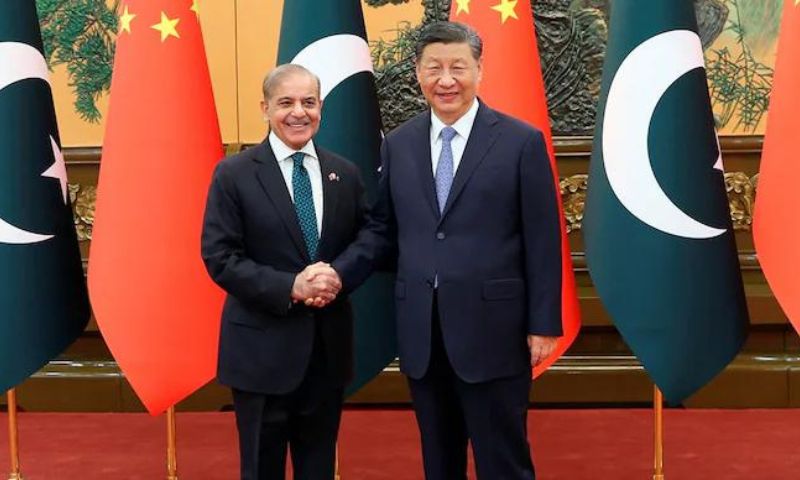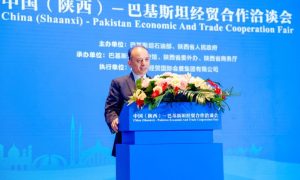Ashish Mukherjee
The US government, last week, announced fresh sanctions targeting a Pakistan company and several Chinese “entities and one individual” for allegedly supplying equipment and technology for what it claims is the development of ballistic missiles by Islamabad. This is the sixth round of such sanctions imposed by the US on Chinese and Pakistani firms since November 2021.
The development follows a recent report by the Stockholm International Peace Research Institute (SIPRI). The report highlighted that the size of China’s nuclear arsenal had increased to 500 as on January 2024, from 410 a year ago, and was poised to continue growing. Also alarmingly, for the first time, China may be deploying a small number of warheads for missiles during peacetime.
According to the report, India, in comparison, had 172 nuclear warheads as on January 2024 (against 164 in January 2023); Pakistan had 170 warheads, unchanged since January 2023.
The latest US sanctions reflect ongoing concerns about nuclear proliferation in South Asia. With Pakistan’s missile programme aimed at maintaining regional balance and deterring potential threats, these sanctions signal Washington’s increasing scrutiny of the flow of technology between China and Pakistan, particularly amid rising tensions in the region.
Experts say the balance of power in the region is at a delicate threshold, and Pakistan’s insistence on expanding its missile capabilities reflects its strategic need to counter India’s conventional as well as nuclear prowess. The interplay between these developments could further intensify the security dynamics in South Asia.
Given the tense history with India, Pakistan views its missile programme as essential to its national security. A strong missile programme is seen by Islamabad as essential to deter adversaries and ensure a balance of power in the region.
The action by Washington came two days after Pakistan carried out a second test of its Abadeel medium-range ballistic missile, claimed to have been designed to carry multiple nuclear warheads. The nuclear warhead-capable Shaheen-III medium-range ballistic missile was tested in April 2022.
The US Department of State targeted several entities for their alleged involvement in supporting Pakistan’s ballistic missile development. Among them is the Beijing Research Institute of Automation for Machine Building Industry (RIAMB), designated under Executive Order 13382.
China watchers claim RIAMB has collaborated closely with Pakistan’s National Development Complex (NDC) on missile technology, specifically testing large-diametre rocket motors for advanced systems like the Shaheen-3 and Ababeel missiles. In addition to RIAMB, three Chinese companies—Hubei Huachangda Intelligent Equipment Company, Universal Enterprise Limited, and Xi’an Longde Technology Development Company Limited—were also brought under sanctions, along with a Chinese individual, Luo Dongmei (also known as Steed Luo), and a Pakistani company called Innovative Equipment. These sanctions reflect US concerns over the proliferation of missile technology and its potential threat to global security.
The US maintained that the sanctions were imposed because these entities, based in China and Belarus, were proliferators of weapons of mass destruction and the means of their delivery. According to US officials, the entities were transferring critical technology and equipment necessary for missile development, violating international agreements aimed at controlling the spread of such technology.


























